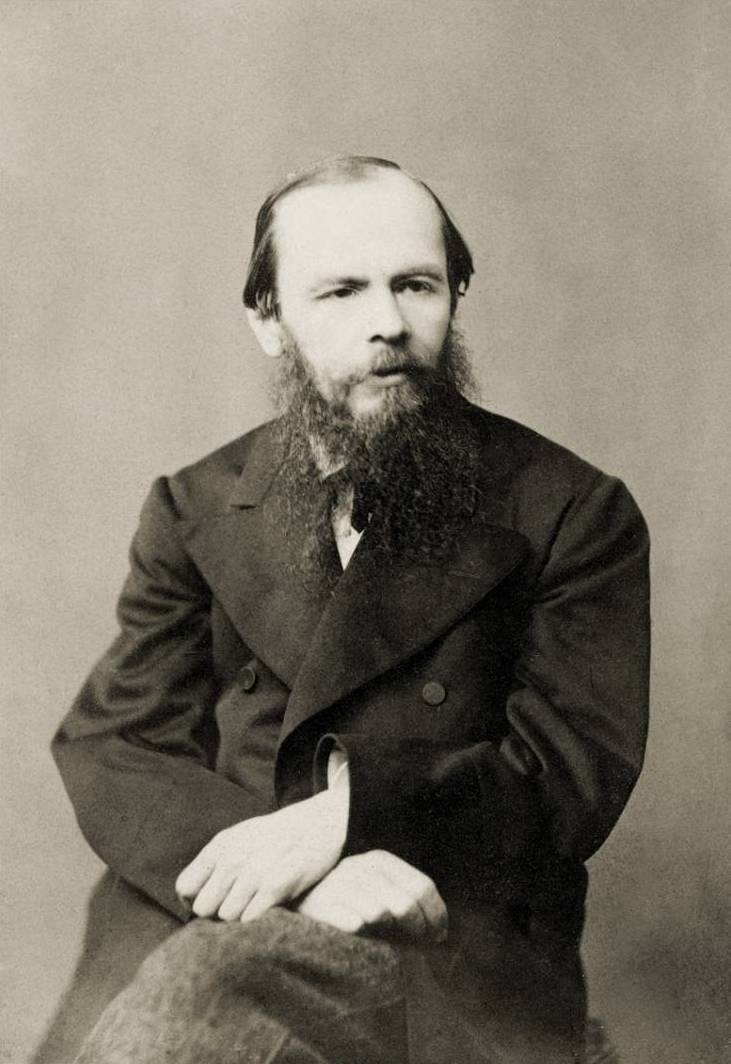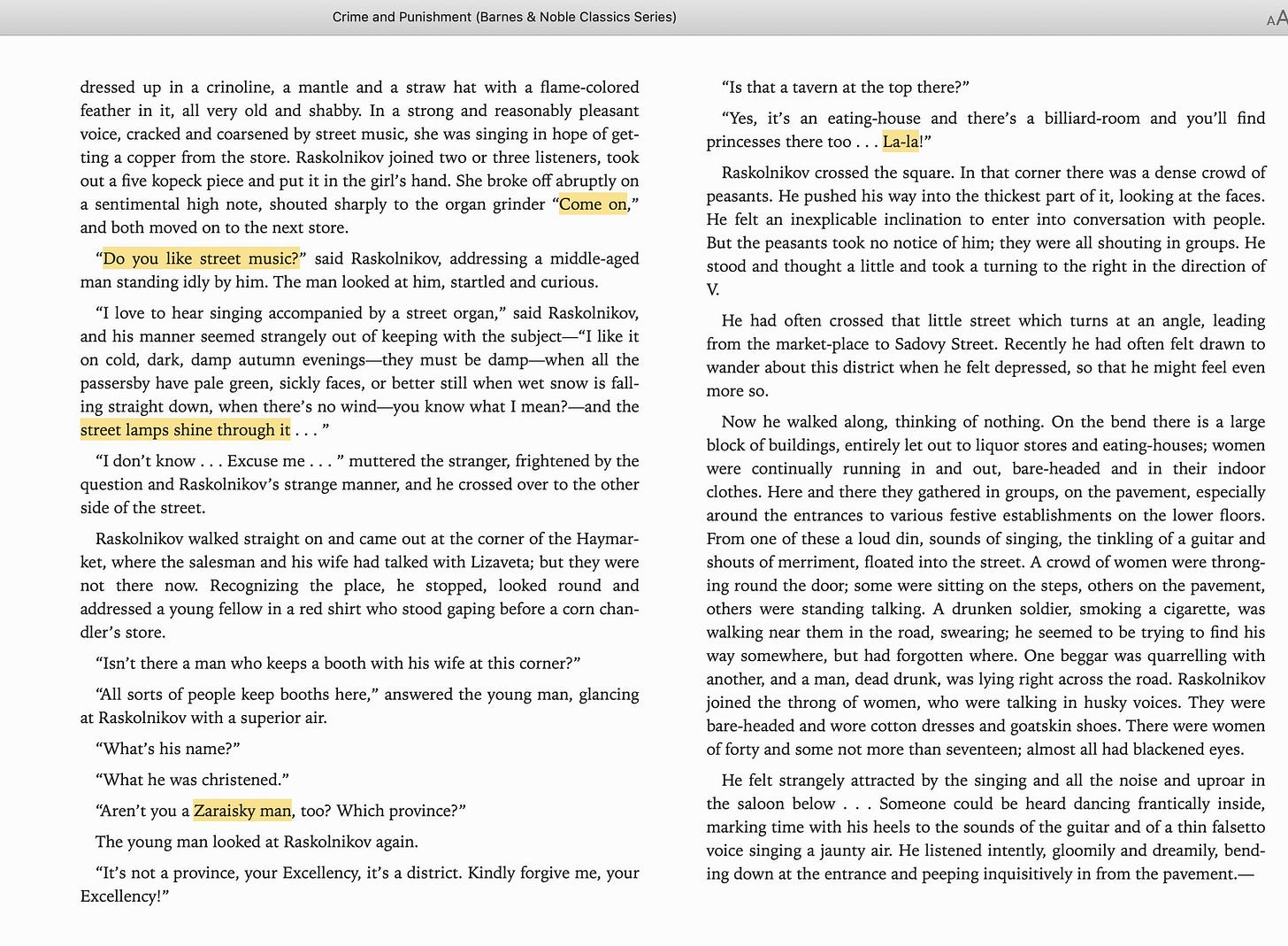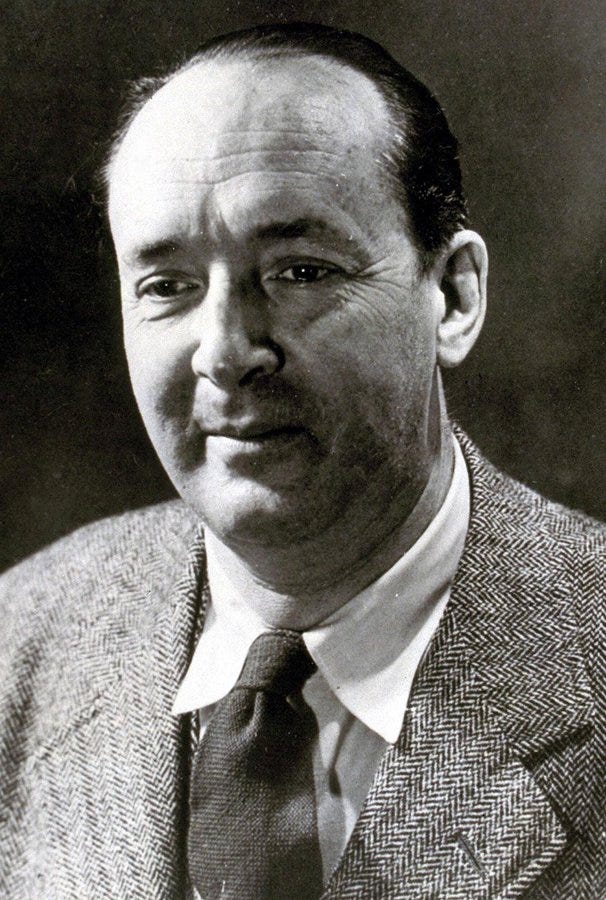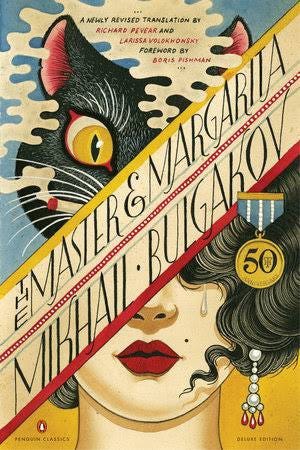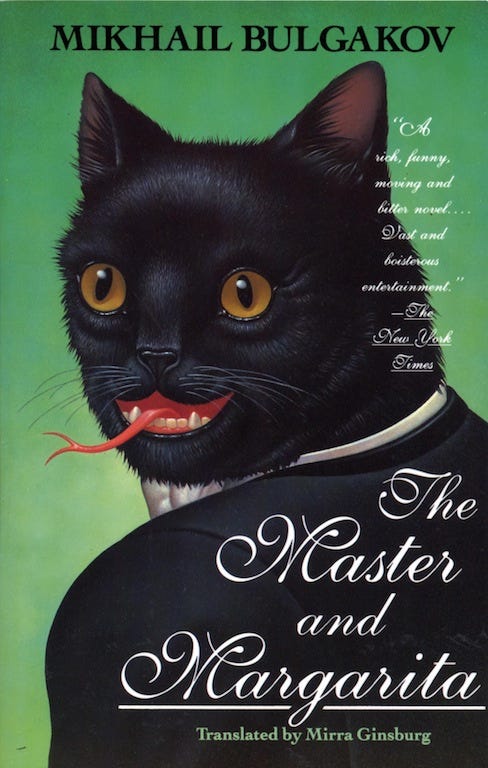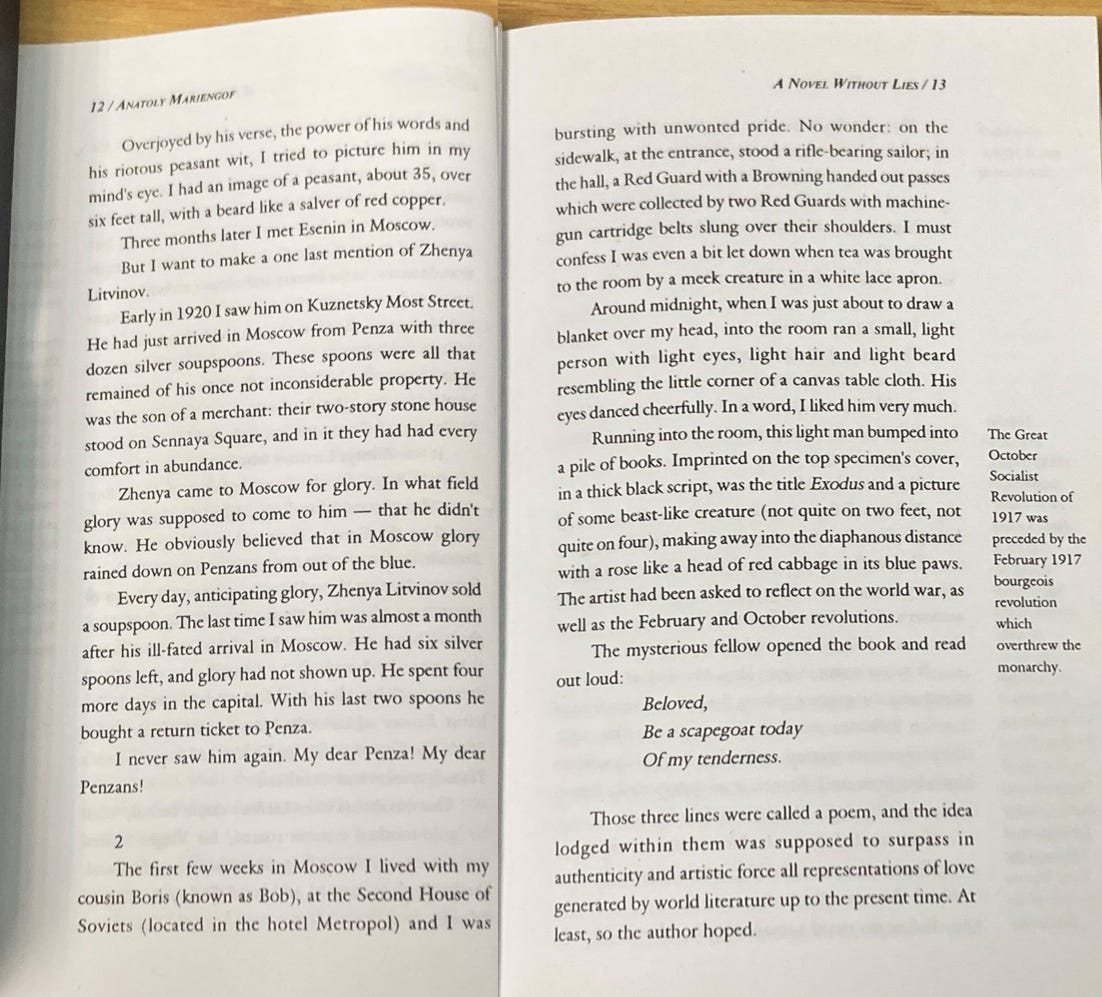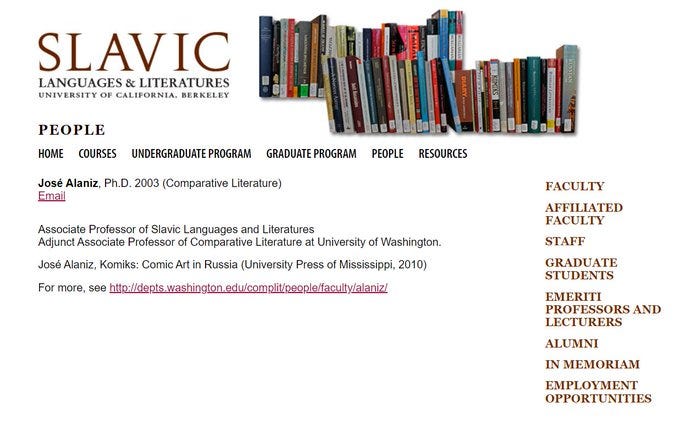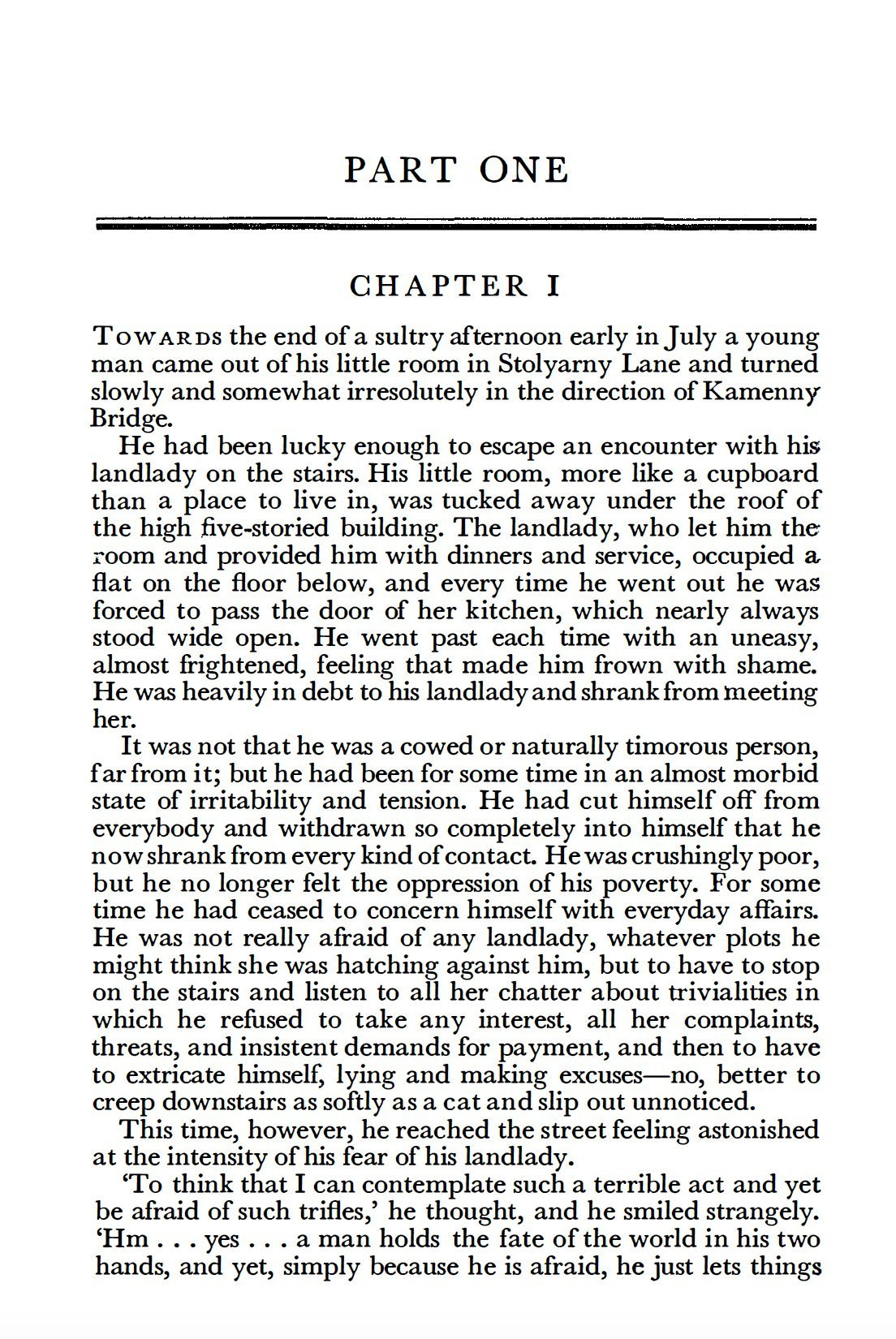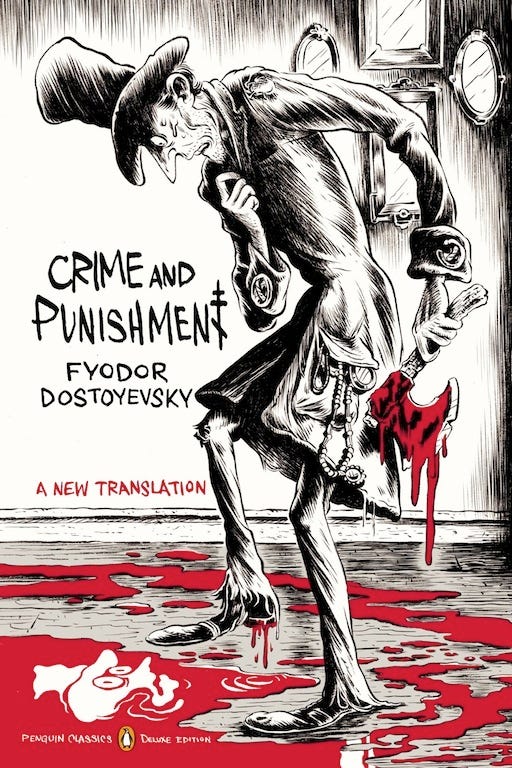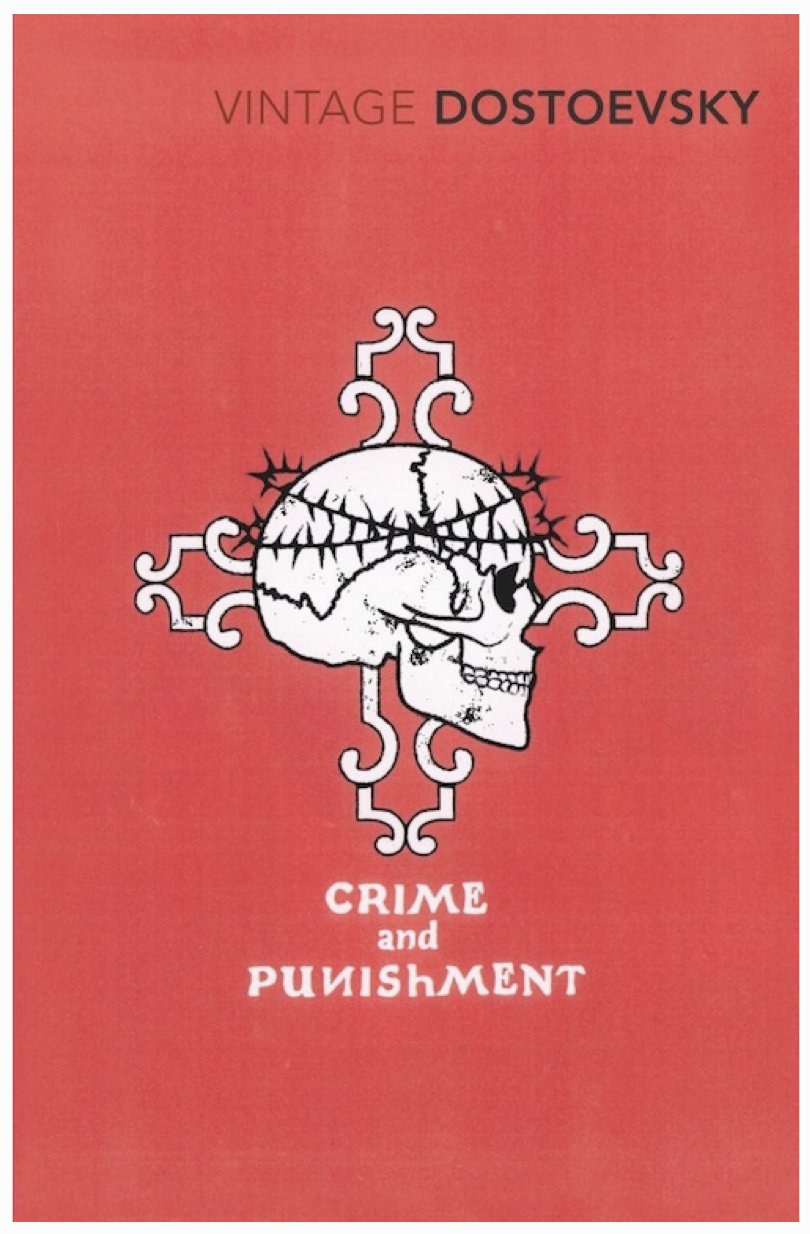Popular English Translations of Russian Classics
Hectic Reflections of a Native Russian on Why We Can’t Afford Another Constance Garnett.
Being able to read books originally written in your mother tongue is a big advantage—pardon me for stating the obvious. You can understand things that are sometimes impossible to translate: subtle cultural hints, undersurface meaning, and above all, you can share the author’s genuine excitements and feelings, if they are willing to do so. And although I won’t be able to translate anything into, say, English professionally myself, at least I can spot things that contradict the genuine source. So, I’ve always been somehow interested in looking through some popular translations of Russian classics.
Why would I care, apart from being an addicted nitpicker? I’m not sure—perhaps it’s just fun, and it correlates to my analytical person type (my mom used to tell me that).
Anyway, I’m not going into the depths of language analysis of certain books in full, I neither have time nor qualifications for that. I just want to share some of my collected observations, and I hope you will chuckle too.
As a side note, use of quotes is a risky business. I touched on a few horrendous examples in my article Lost in Citation. Never do that without checking the source rigorously.
F. M. Dostoevsky & Constance Garnett
Constance Garnett, куда ни плюнь, has done a lousy job translating Russian classics in general. Avoid her versions. For example, the highlighted points below have nothing to do with the original, on just one page! My random check of Crime and Punishment revealed far too many factual errors.
Dostoevsky (The Idiot): "It's an amazing/surprising face" (удивительное).
Garnett: "It's a wonderful face" — I'm speechless
Another example of why Constance Garnett's translations need to be avoided like a plague. In this excerpt, she neglected 'Родительский день,' and it sounds like children just decided to trample a bit on the graves of their kin (those Russians with their weird, nasty habits!).

Also, 'even in death is love' is not accurate. Richard Pevear and Larissa Volokhonsky got it right: “And let me be forgotten, my dears, but I’ll love you even from the grave. I hear your merry voices, little children, I hear your footsteps on your parents’ graves on forefathers’ day; live under the sun meanwhile, rejoice, and I’ll pray to God for you, I’ll come to you in a dream . . . it’s all the same and there is love after death! ...”
Nabokov “pronounces Garnett’s translation [of Tolstoy] “a complete disaster.”
What causes the irritating delay is the fact that I have to translate every scrap of quotation myself: most of the Gogol material (letters, articles etc.) is not translated at all, and the rest so abominably botched that I cannot use it. I have lost a week already translating passages I need in the “Inspector General” as I can do nothing with Constance Garnett’s dry shit.
Vladimir Nabokov / letter to J. Laughlin / 1944
Everyone who uses Constance Garnett’s translations of Russian classics should be mindful of that opinion. Her success perhaps proved that mediocre quality is in demand too. Don’t be shy to sell—just attribute it nicely.
As for Dostoevsky, it’s hard to find an ideal translation.
“It’s a proud face, terribly proud, and I don’t know whether she’s kind or not. Ah, if only she were kind! Everything would be saved!”
Dostoevsky / The Idiot
Only one translation (Pevear & Volokhonsky) out of a few got this simple passage correctly; the others say “good.”
The Master and Margarita
Great, deep1, and hilarious book (I recommend you skip the Jeshua part, though)!
My favorite quote:
— They ought to take this Kant and give him a three-year stretch in Solovki for such proofs!
— Sending him to Solovki is unfeasible, for the simple reason that he has been abiding for over a hundred years now in places considerably more remote than Solovki...
And yet, here’s Michael Glenny’s translation with “apricot juice” for абрикосовая right in the first chapter. But it’s not a juice, a minor but important detail, indicating a careless translation. Perhaps it’s the only hiccup the translation has, but I doubt it.
This one looks good — “apricot soda” (by Richard Pevear & Larissa Volokhonsky):
Mirra Ginsburg passed the test too. Nice cover, by the way.
Richard Pevear & Larissa Volokhonsky made me laugh with this one.
Woland (a demon) is talking about two shots of vodka, of course—not glasses. After two glasses of vodka (400 ml), you’d be completely off. Bulgakov uses стопка, the right size. Richard can be excused, but Larissa should know.
Anatoly Mariengof
Anatoly Mariengof’s translations fall into the category NotAvailable, simply because they are not physically available.
A Novel Without Lies (Роман без вранья) is an example of an outrageously translated work, where the translator simply skipped entire sentences, and even paragraphs.

Here’s the original
Here’s the translation:
Wow, the translator omitted the whole sentence before “I must confess”… Probably couldn’t translate it…
“The Red Army soldiers resemble Boers, and the first-class hotel is like the mysterious Transvaal.” [my translation]
Бахчисарайская роза turned into just a rose... Disaster.
Our hero is Jose Alaniz, who deserves huge disrespect for this comics-grade translation.
Experiments and Book Covers
Jessie Coulson’s translation of Crime and Punishment starts in a crazy way—replacing the Kokushkin Bridge with the Kamenny Bridge. Why would you do that?
Perhaps Jessie visited St. Petersburg?
Speaking of visuals and titles, reading Dostoevsky in public can be fun.
You don’t exactly want to be discreet with titles like Crime and Punishment, The Idiot, and Demons. The Gambler might seem trivial in contrast, though.
Have fun as well.
In this book, a scholar tries to convince a demon that God does not exist. In the language of business leaders these days, it would be defined as a ‘counterproductive act.’ Well, it surely is.




